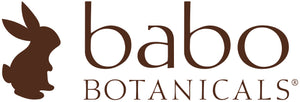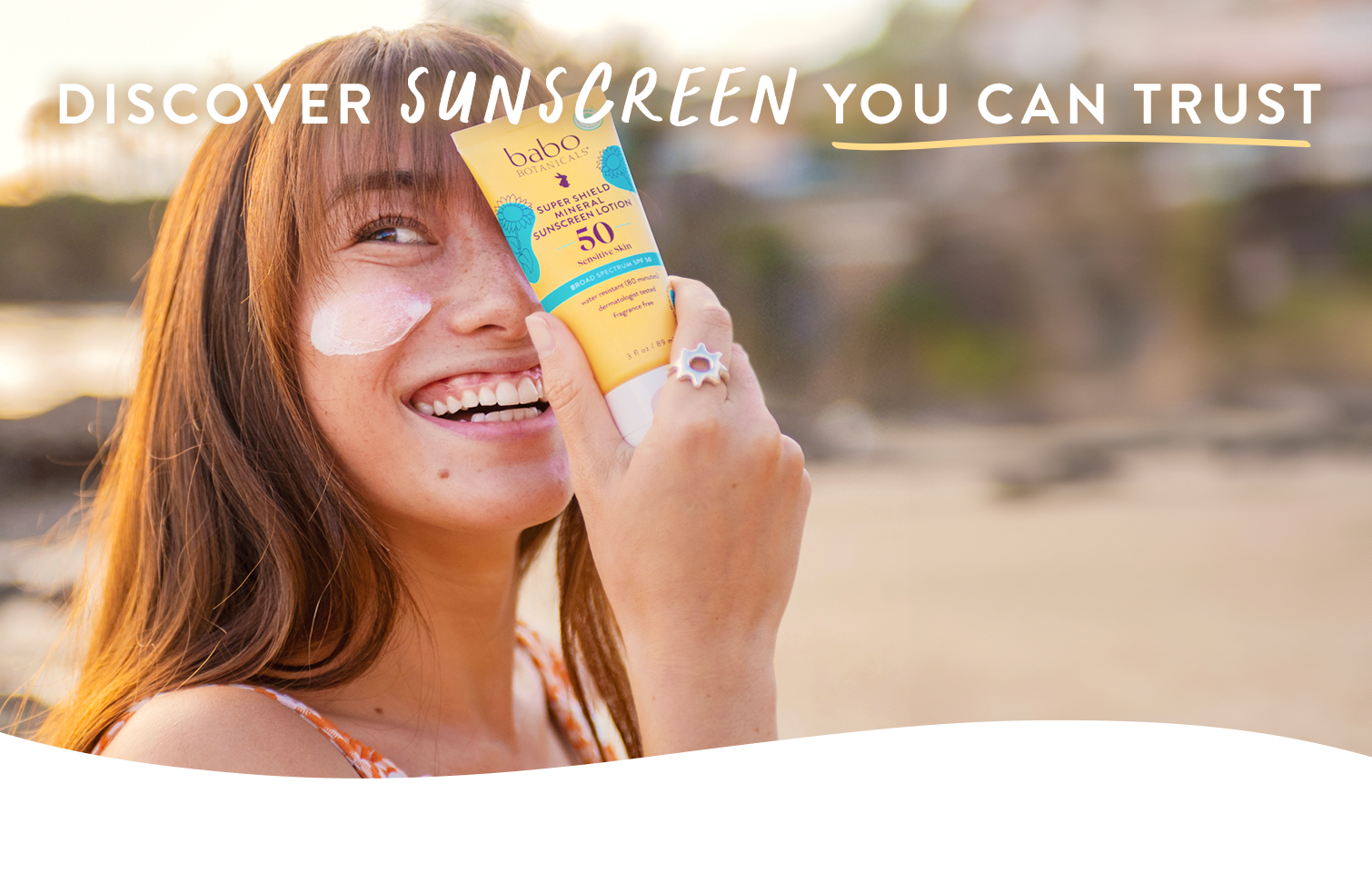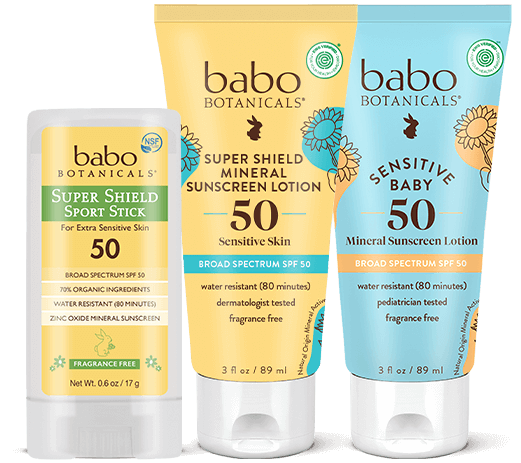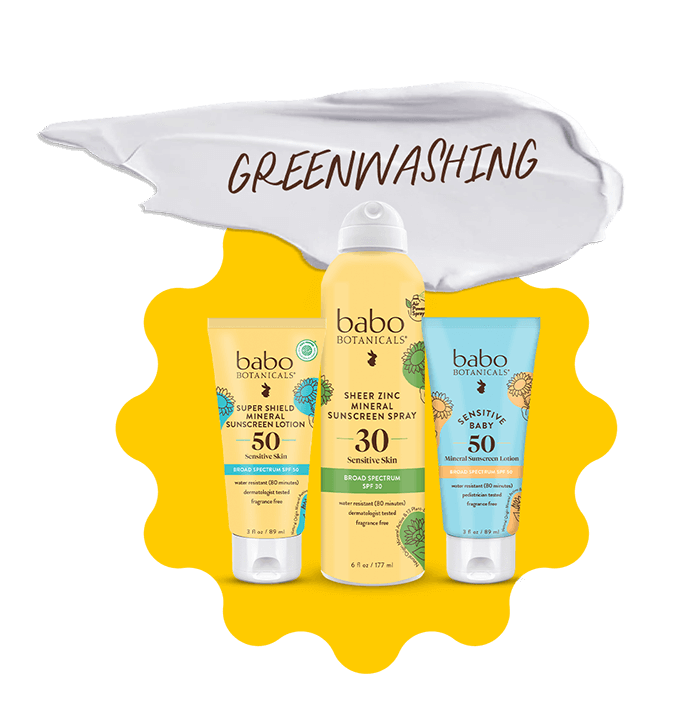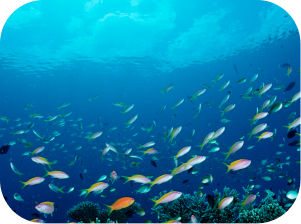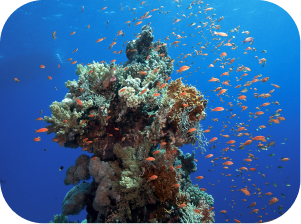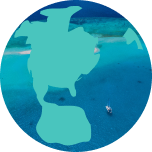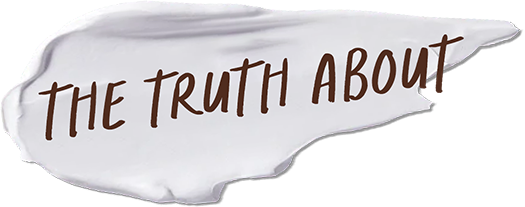 "REEF SAFE"
"REEF SAFE"
What it means
The term is typically used to identify sunscreens that do not contain oxybenzone and octinoxate, two common UV-blocking chemicals, that studies have shown can damage coral reefs.
UNPOPULAR OPINION
"Reef safe" is an unregulated claim. There is no standard test to prove any product is completely safe for marine life. As more science becomes available, it is possible other ingredients are found to have an impact.
BABO'S COMMITMENT
We don't use oxybenzone or octinoxate in any products, and never will. Since 2022, we are progressively removing language like "reef friendly" from our communication. While our products technically "qualify," we have learned there is not enough research to prove complete safety of any sunscreen on marine life.

What can you do to protect yourself and the reef?
swimming near coral reefs and fragile ecosystems, click our Learn more button to explore more on coral reefs
wearing UV protective swimwear if you swim near fragile ecosystems
while “reef safe” is an unproven claim, your safety is key. many experts prefer mineral over chemical sunscreens
 "Biodegradable"
"Biodegradable"
What it means
"Biodegradable" means a substance or object has the ability to break down in nature over time through interaction with bacteria or other living organisms. Given an unlimited amount of time, everything is technically biodegradable, even plastic.
UNPOPULAR OPINION
This claim gives a false impression that a product will fully biodegrade when you're done with it. In fact, to be considered "biodegradable" a formula only has to break down by 60% within 28 days. There is no standard for the other 40%.
BABO'S COMMITMENT
We choose not to make this claim, but we do care about the biodegradability of our products. Because we believe in sharing what we know, below are the results for several of our mineral sunscreens.
Some test results of our products
Our Results


